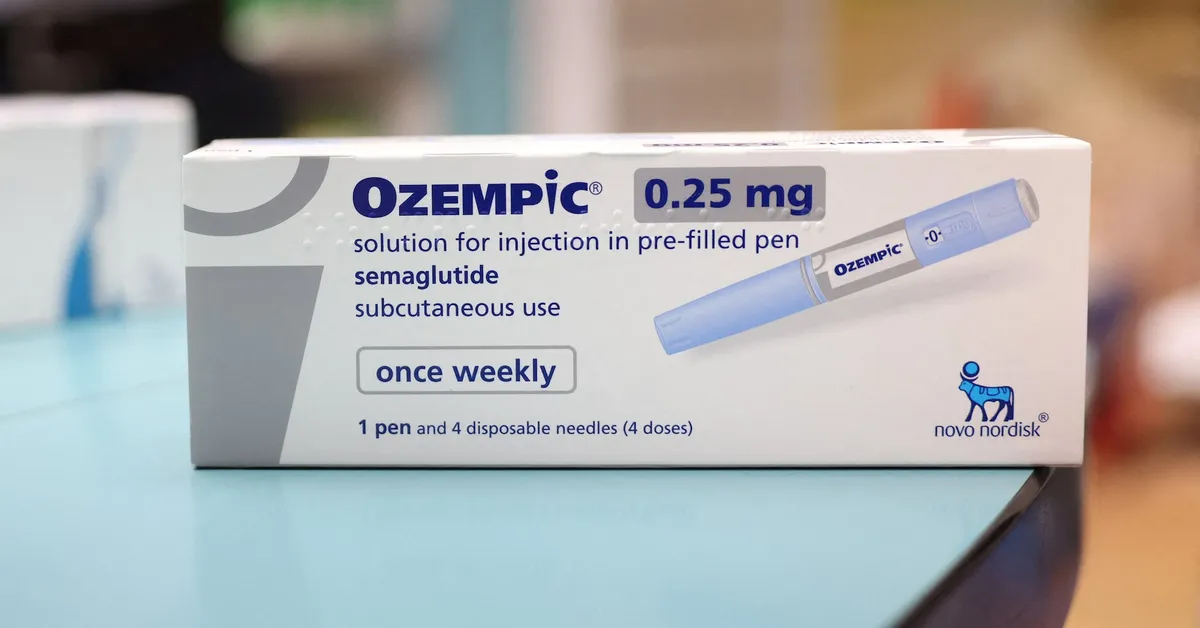
Recent findings from a comprehensive study involving over 85,000 individuals diagnosed with type 2 diabetes and obesity reveal important insights into the effects of GLP-1 diabetes drugs on cancer risk. This extensive research, which spans from 2013 to 2023, tracked participants for an average of nearly four years, highlighting the potential benefits of GLP-1 medications in reducing obesity-related cancers.
In the study, a total of 2,501 obesity-related cancers were reported among those treated with GLP-1 drugs, compared to 2,671 cancers in participants using DPP-4 inhibitors for diabetes management. After adjusting for individual risk factors, researchers noted that individuals taking GLP-1 drugs exhibited a 7% lower risk of developing obesity-related cancers and an 8% lower risk of mortality from any cause when compared to those on DPP-4 inhibitors. These findings are set to be presented at the upcoming American Society of Clinical Oncology meeting in Chicago.
The study results indicate that the observed protective effects of GLP-1 drugs were statistically significant primarily in women. This highlights the necessity for tailored approaches in diabetes treatment and cancer risk assessment, taking into account gender differences.
GLP-1 drugs operate at a lower dosage of their active ingredient compared to those aimed specifically at inducing weight loss. The research showed a modest reduction in the risk of 14 different obesity-related cancers, with particularly notable results for colorectal malignancies. Specifically, there were 16% fewer cases of colon cancer and 28% fewer cases of rectal cancer among participants prescribed GLP-1 receptor agonists.
While the findings are promising, it is important to note that observational studies like this one cannot definitively establish causation. Lead study author Lucas Mavromatis, a medical student at the NYU Grossman School of Medicine, emphasized that while these data are reassuring, further studies are essential to confirm the causal relationship between GLP-1 drugs and lower cancer rates.
The emerging evidence surrounding the use of GLP-1 diabetes drugs presents a significant opportunity for improving outcomes in individuals with type 2 diabetes and obesity. As researchers continue to explore the implications of these findings, the potential for GLP-1 medications to reduce the risk of obesity-related cancers remains an area of great interest and importance in the medical community.